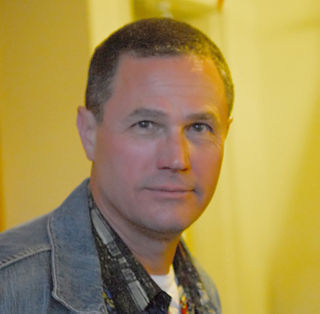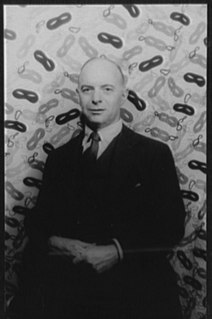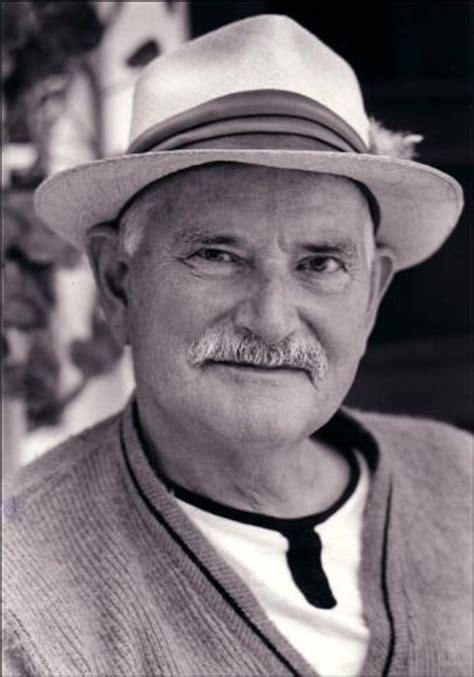A Quote by Alexis de Tocqueville
Because Roman civilization perished through barbarian invasions, we are perhaps too much inclined to think that that is the only way a civilization can die. If the lights that guide us ever go out, they will fade little by little, as if of their own accord.... We therefore should not console ourselves by thinking that the barbarians are still a long way off. Some peoples may let the torch be snatched from their hands, but others stamp it out themselves.
Quote Topics
Accord
Barbarian
Barbarians
Because
Civilization
Console
Die
Ever
Fade
Go
Guide
Hands
Inclined
Lights
Little
Long
Long Way
May
Much
Off
Only
Others
Ourselves
Out
Own
Perhaps
Roman
Roman Civilization
Should
Snatched
Some
Some People
Stamp
Still
Themselves
Therefore
Think
Thinking
Through
Too
Too Much
Torch
Us
Way
Will
Related Quotes
It's a curious thing, this thing we call civilization...we think it is an affair of epochs, and nations. It's really an affair of individuals. One brother will be civilized and the other a barbarian...All civilization comes through literature now, especially in our country. A Greek got his civilization by talking and looking, and in some measure a Parisian may still do it. But we, who live remote from history and monuments, we must read or we must barbarise.
Western civilization is the most successful civilization the world has ever seen. And some of the reasons for that is it's borrowed from other cultures along the way, back to Mosaic law, the Greek age of reason, Roman law and the Roman order of government, and the Republican form of government, by the way that we're guaranteed in our constitution.
The souls of people, on their way to Earth-life, pass through a room full of lights; each takes a taper - often only a spark - to guide it in the dim country of this world. But some souls, by rare fortune, are detained longer - have time to grasp a handful of tapers, which they weave into a torch. These are the torch-bearers of humanity - its poets, seers and saints, who lead and lift the race out of darkness, toward the light. They are the law-givers and saviors, the light-bringers, way-showers and truth-tellers, and without them, humanity would lose its way in the dark.
I think that any authentic feeling one has of life should be a feeling of defeat. It's a losing game. You're going to die. Civilization is going to end. Our society is in decline, and we should feel OK about it because Roman society was in decline and before it the Assyrian one was, and they disappeared off this earth and we will disappear too.
Perhaps in time, Ella, the words we have lost will fade, and we will all stop summoning them by habit, only to stamp them out like unwanted toadstools when they appear. Perhaps they will eventually disappear altogether, and the accompanying halts and stammers as well: those troublesome, maddening pauses that at present invade and punctuate through caesura all manner of discourse. Trying so desperately we all are, to be ever so careful.
My point is, as civilization is progressing, Mosaic law came down from the mountain, was handed to civilization, it emerged through the Greek civilization as the Greeks were developing their Age of Reason. And we're talking about the foundation of Western Civilization, and almost concurrently with that, Roman law was emerging as well.
there is a danger, when thinking of the earliest civilized people, of putting too much emphasis on technology. One tends to assume that if you don't have, at least, a lavatory and perhaps something that will take you a lot faster than your own feet, or a certain number of gadgets in the house, then you must be in some way, a bit backward and defective ... the important thing to remember is that technology is not necessarily the same thing as civilization.
Children who wish to become good and great men or good and noble women, should try to know well all the people whom they meet. Thus they will find that there is no one who has not much of good; and when they see some great folly, or some meanness, or some cowardice, or some fault or weakness in another person, they should examine themselves carefully. Then they will see that, perhaps, they too have some of the same fault in themselves - although perhaps it does not come out in the same way - and then they must try to conquer that fault.
The skylines lit up at dead of night, the air-conditioning systems cooling empty hotels in the desert and artificial light in the middle of the day all have something both demented and admirable about them. The mindless luxury of a rich civilization, and yet of a civilization perhaps as scared to see the lights go out as was the hunter in his primitive night.
It's the reductionist approach to life: if you keep it small, you'll keep it under control. If you don't make any noise, the bogeyman won't find you. But it's all an illusion, because they die too, those people who roll up their spirits into tiny little balls so as to be safe. Safe?! From what? Life is always on the edge of death; narrow streets lead to the same place as wide avenues, and a little candle burns itself out just like a flaming torch does. I choose my own way to burn.
Our civilization has fallen out of touch with night. With lights, we drive the holiness and beauty of night back to the forests and the sea; the little villages, the crossroads even, will have none of it. Are modern folk, perhaps, afraid of night? Do they fear that vast serenity, the mystery of infinite space, the austerity of stars?







































